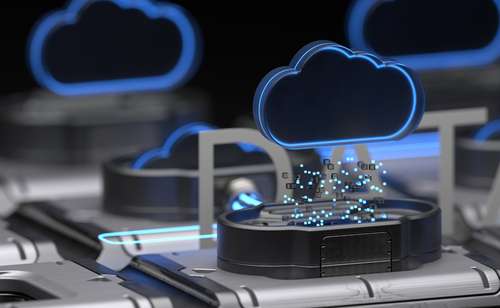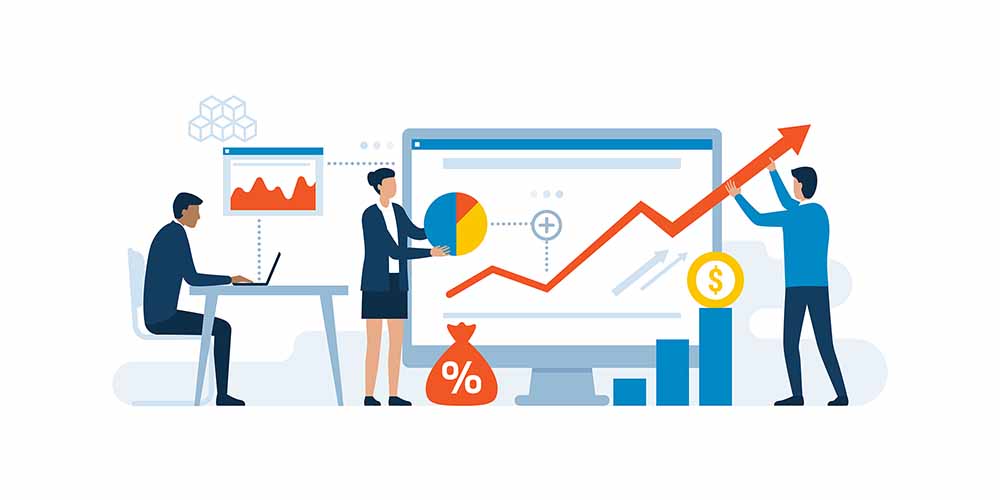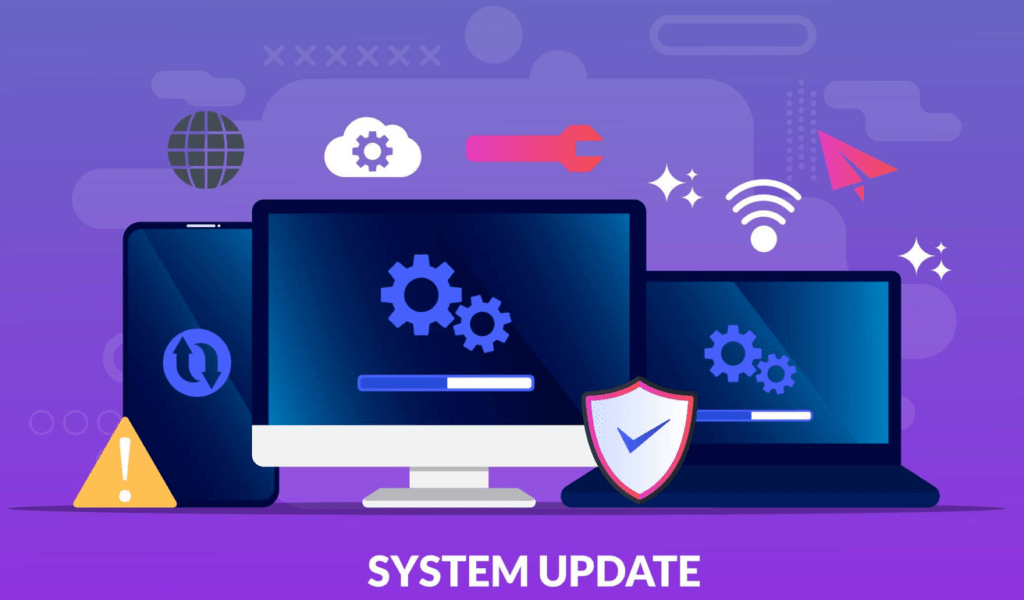These days, it seems like a rarity that cybersecurity doesn’t make at least one headline in the daily news cycle. More accurately, these headlines are primarily instances where there is a drastic lack of cybersecurity.
“U.S. Government agencies fail to meet even basic cybersecurity standards.”
“The colonial pipeline attack: rethinking cyber regulations on utility companies.”
“Ransomware: international cooperation is needed to curb these cybersecurity threats.”
In today’s environment where employees are working remotely as well as geographically scattered, security has become everyone’s job—not just the responsibility of the IT department. Every employee of every sized business, from interns to CEOs, SMEs to Fortune 500 companies, needs to increase their cybersecurity diligence.
Many people treat their cybersecurity responsibilities as they would a recommendation from their dentist—being instructed to floss more and cut back on sweets often falls on deaf ears.
Without proper cybersecurity hygiene (creating strong passwords, avoiding phishing emails, using outdated software, etc) your business and your bottom line are in danger of rot and decay.
Fortunately, there are technological solutions that provide businesses and users with vast safeguards against malicious actors. Namely, cloud-based all-in-one ERP software.
How To Maintain ERP Safety and Security

As far as software is concerned, cloud ERP software is resoundingly safer than traditional data centers. In fact, the use of cloud infrastructure generally results in 60% fewer security incidents.
In reality, it is the usage, policies, and mechanisms of control that fail—not the technology itself.
Jay Heiser, Vice President Analyst at Gartner, has some poignant advice for CIOs in the position of managing their cloud ERP software:
“CIOs need to ensure that their security teams are not holding back cloud initiatives with unsubstantiated cloud security worries. Exaggerated fears can result in lost opportunity and inappropriate spending.”
He suggests that instead of asking “Is the cloud secure?” executives should be asking “Am I using the cloud securely?”
Similarly, a car manufacturer would not be to blame in the event of an accident where the driver was speeding excessively, using their phone, and not wearing a seat belt.
Let’s take a look at the most crucial areas and aspects of ERP software that require the most attention to detail in terms of maintaining network security.
Stay Uniform
As software complexity increases, the possibility of errors increases along with it. For businesses with over 200 employees, some ERPs provide over 800,000 software customizations that can be controlled by users.
In order to combat this, it’s important to establish data management protocols within your organization and assign access accordingly. Onboarding, training, offboarding, and continuous internal software support will only benefit your organization.
Conduct Internal Audits
Audits are an important part of any well-oiled business, so why wouldn’t the same be true for your software? While the best ERPs adhere to strict security standards, it’s important to conduct audits of how employees and other users under your organization’s umbrella are using the system.
Are their passwords secure? Are they accessing data from unsecured networks? Who has access and the ability to change system settings?
These questions and more are some that you will want to address and answer internally—every business and every industry has different needs, rules, and regulations.
Utilize Software Training and Support Staff
Your employees—in this case, your ERP users—are at the heart of everything your business does. Security is no exception. If users are cavalier about company data, protocols, and necessary procedures, it can lead to fiscal headaches and wasted time.
All too often, ERP software systems are implemented without an expert support team. Having a savvy support staff is crucial for successful employee adoption of the software.
Though management may be able to point to the vast benefits of ERP software (cost savings, better communication, improved document management, etc.) it takes a true expert in the software itself to successfully, fully onboard employees.
Benefits of ERP Software: Built-In Security Standards
ERP software is full of all kinds of benefits—risk mitigation is a major one. No piece of technology on earth is entirely invulnerable to malicious activity, but ERP software provides a myriad of ways to protect your business’s valuable data and processes.
One of the brilliant aspects of ERP software is that it’s able to provide a wide range of solutions to a wide range of logistical challenges. The “all-in-one” nature of ERP software keeps businesses fully connected and integrated—in turn, this allows businesses to address problems with a bird’s eye view, removing the guesswork and wasted energy that often accompanies the problem-solving process.

Cloud Security
Compared to other data storage methods that have been prominent in the past (most notably local servers and analog data storage) the cloud is a resoundingly safer solution.
It’s a tried-and-true method that businesses continue to invest in—in the first quarter of 2023, cloud services infrastructure spending increased to $41.8 billion on a global level. Compared to the same period in 2020, this was a 35% year-on-year growth and a 5% quarter-on-quarter rise.
While cloud security as an industry has proven to be safe, scalable, and cost-efficient, it’s important to know who bears the technical responsibility of hosting your data.
Does your cloud infrastructure provider delegate some hosting responsibilities to third-party organizations? Is your cloud ERP implementation team the same organization that actually does the work of storing your data?
Ideally, none of these questions will ever actually matter because your data will be forever safe and secure. Nevertheless, it’s important to do your due diligence on every organization your data is affiliated with. Most of the time, these answers can all be obtained from a single conversation with your ERP provider.
Frequent System Updates
Software updates serve an important purpose across the world’s entire technological landscape. And, no, it’s not to annoy you with a loading screen that lingers a bit too long for your liking.

Software updates are vital—they patch security flaws, protect data, and improve system performance. When it comes to ERP software, updates are frequent and full of substance.
Data Redundancy
What’s the only thing more important than keeping your data safe? Keeping your data safe—twice, three times, or more.
Cloud storage capabilities that are baked into the best ERP software systems allow users to fully access and update data sets while keeping up-to-the-second backups safe and secure. Gone are the days that it’s required to make multiple physical copies or even manually copy and paste documents.
With a staggering chunk of the American workforce still working remotely—often on personal, security-poor workstations—it’s even more important to have enterprise-level redundancy measures in place. Data redundancy is a central focus of every ERP system.
Data Encryption
Data redundancy is a crucial piece of the cybersecurity puzzle. Data encryption is an equally large piece, too. The higher the quality of the encryption measures, the higher the quality of protection that your business will enjoy. Fortunately, ERP systems maintain exceptionally high-security standards.
By nearly every conceivable metric, cyber-attacks and cybersecurity incidents have increased over the last several years. The pandemic has led to an aggressive explosion of this pre-existing uptrend.

Disconnected software systems with vastly differing security protocols simply do not cut it anymore—ERP software provides a lasting, secure solution to cybersecurity.
Installing An Administrator
ERP software needs to be safe and secure every single time it’s used. This isn’t a request or a “wishlist” item—it’s a requirement. In all reality, safety and security is just the beginning.
ERP software is built to serve people of all roles and responsibilities. The best way to ensure that every user is able to operate in an efficient and safe manner? Choose an ERP with a detailed permissions-based system.
Some employees will need more access than others. It’s important to be able to have varying roles with differing capabilities while all working under one, unified software umbrella.
Now you may be thinking “Even if I have a tech-savvy employee, they’re still new to using this ERP system too. How can they be functional administrators?” The answer to this question: training and consulting sessions with the ERP’s native support staff.
The support staff of an ERP system is there to help you get the most out of your software. They’ll answer questions, offer advice on best practices, generate guides and other instructional materials, and so on and so forth. They’ll be able to provide the crucial assistance you need during the initial adoption process.
They’ll be able to show your organization how to properly assign and edit permissions for every employee, where and when it’s safe to access data, and how to protect your system against phishing attacks, unauthorized user access, and other malicious activities.
Just like a great coach, they’ll be there to guide you while allowing you to learn and explore on your own.
Modern ERPs are Safe, Secure, and Reliable

Cybersecurity is the framework that ERP software relies upon. Without extended and continuous security measures in place, the benefits that ERP software brings to businesses are all for naught.
But security efforts don’t end with lines of code—it takes the effort of all of your employees in addition to your ERP’s support staff day in and day out.
ERP software sourced from cloud computing technology is the gold standard of enterprise data security, and you and your employees need to be the gold standard in making sure safety protocols and precautions are implemented and followed.

